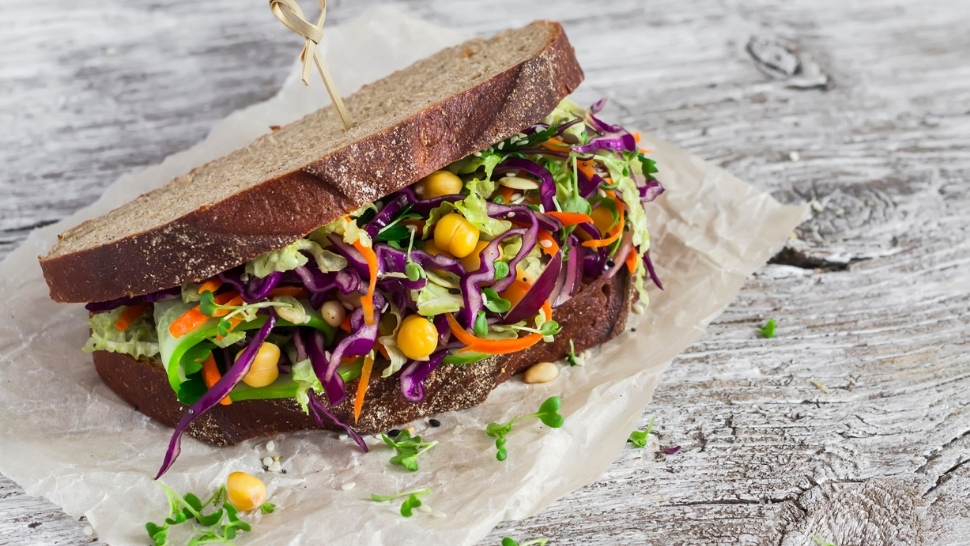
Health experts like a good debate about food. When reviewing recommendations in the popular media, you may be hard pressed to find a consensus about the “best” diet. While there are differing opinions on some food groups, research on commonly studied diets (low-fat, low-carb, Mediterranean, and more) consistently shows that plant foods (vegetables, fruit, whole grains, legumes, nuts and seeds) promote health. They reduce risk of chronic diseases like heart disease, diabetes, and cancer; boost immunity; aid weight management; and improve the aging process. On the other side of the coin, eating more animal products is linked to increased risk of many of the aforementioned conditions.
Even though it’s agreed upon that consuming vegetables promotes health, a recent survey showed that 87 percent of Americans do not meet the recommendation to eat 2-3 cups of vegetables per day. Whether you identify as a vegan, vegetarian, pescetarian, omnivore, flexitarian, or no label at all, eating more plant-based meals can only be a good thing.
That said, it’s not all or nothing. You don’t have to be a vegetarian or vegan to reap the benefits of plant-based eating. Consider choosing plant proteins instead of animal proteins at one or two meals per week. Some people like the idea of Meatless Monday; others might follow Mark Bittman’s philosophy of Vegan Before 6:00. There are no rules when it comes to adding plant-based meals — choose what works for you. If you’re new to plant-based eating, keep the following in mind.
- Love vegetables like you do meat. When cooking at home, develop the flavor of vegetables by roasting, braising, or lightly sautéeing them. Add your favorite herbs and spices, a touch of vinegar or citrus, or even your favorite sauce to intensify the profile of your dish. When eating in a Bon Appétit cafe, look for our vegan and vegetarian dishes that celebrate the power of plants.
- Ditch the labels and pave your own plant-based path.More people are choosing to eat more plant-based foods, whether it be a strictly vegetarian or vegan diet; a pescatarian diet (includes fish); a more plant-forward, flexible diet that includes plant-based meals mixed with some small amounts of meat, poultry, or dairy; or no label at all, eating more plant-based meals can only be a good thing. Reasons for including more plant-based meals include health, environment, religion, economics, and compassion for animals.
- Go halfsies. Swapping half the meat in a dish for plants helps. Blend ground beef or turkey with mushrooms and/or lentils for burgers, meat sauces, and meatballs.
- Reframe your plate of mind. Instead of thinking about meat being the center of your meal, make the plants the star. Fill your bowl with beautifully colored plants — enjoying the aesthetics of your plate can be almost as pleasing as eating it!
- Don’t fear fat. Plant sources of fat offer an array of nutrients and promote satiety. Just remember, a little goes a long way when it comes to adding flavor, so keep portion sizes in mind to keep your calories in check.
- Strike a balance. Filling your plate with vegetables is key, but don’t forget the filling plant protein like beans, lentils, or tofu, as well as nutrient-rich whole grains to keep you energized.